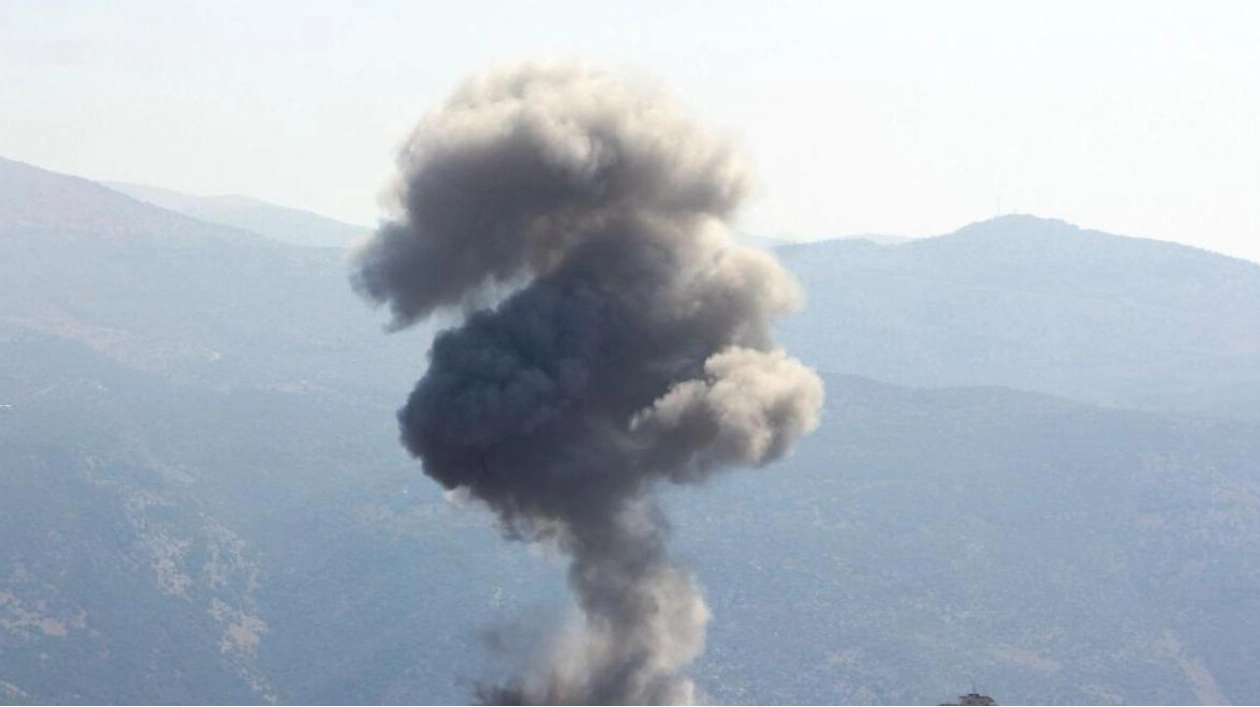A significant increase in border conflicts between Israel and Hezbollah in Lebanon has prompted Western countries to urgently revise their evacuation plans for the region. Cyprus, being the nearest EU member to the Middle East, is expected to serve as a key hub, having managed the influx of approximately 60,000 individuals during the Hezbollah-Israel conflict in 2006. Neighboring Turkey has also pledged to provide facilities for such operations. Maritime routes are likely to be the primary mode of evacuation, facilitating the movement of larger groups, though this will depend on the prevailing security conditions, according to a source familiar with the planning process who spoke to Reuters. Travel by sea to Cyprus takes around 10 hours, while a flight from Beirut can cover the distance in just 40 minutes.
Here are some specifics on the contingency plans:
Australia
Australian authorities have prepared evacuation plans that may involve sea transport, although they have advised an estimated 15,000 of their citizens in Lebanon to depart while Beirut airport remains operational.
Canada
Canadian news reports indicate that the country will collaborate with Australia in evacuating its nationals by sea. The plan involves hiring a commercial vessel capable of transporting 1,000 people daily, according to The Toronto Star.
France
France, which has been discouraging travel to Lebanon, has had evacuation plans in place for several months but has not yet issued an evacuation order. Current plans focus on Cyprus and Beirut airport, with discussions also underway for potential evacuations via Turkey. France has a warship in the region and a helicopter carrier stationed in Toulon, which would require several days to reach the area.
Germany
Germany has evacuated non-essential staff, families of embassy workers, and vulnerable German nationals from Lebanon. The foreign and defense ministries jointly announced that they will support other Germans attempting to leave. German citizens in the region can depart via commercial flights from airports that remain open, according to a spokesperson for the German foreign ministry.
Greece
The Greek foreign ministry has advised its citizens to leave Lebanon and avoid any travel to the country. A frigate is on standby in case assistance is required.
United Kingdom
Britain has urged its nationals to leave Lebanon immediately. It has deployed around 700 troops to Cyprus, enhancing its presence in the area where it already maintains military assets, including two Royal Navy ships, and two military bases on the island.
Italy
Italy has reduced its non-essential diplomatic staff and increased security personnel at its embassy in Beirut, according to a source. Foreign Minister Antonio Tajani has repeatedly urged nationals to leave the country and sought assurances from Israel regarding the safety of Italian soldiers involved in peacekeeping operations in the region.
United States
The U.S. has ordered the deployment of numerous troops to Cyprus to assist in preparations for various scenarios, including the evacuation of Americans from Lebanon.
Portugal
Prime Minister Luis Montenegro has advised against travel to Lebanon. The country has a plan to evacuate Portuguese citizens residing there in collaboration with EU partner countries.






